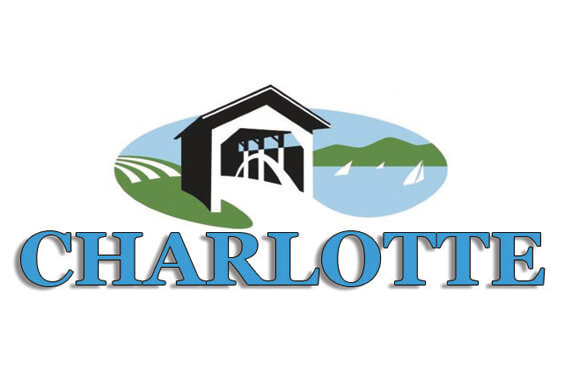Opinion – Charlotte doesn’t need a Development Review Board (DRB)
The town is considering a DRB to replace the ZBA and Planning Commission. Three former ZBA chairs say that’s not a good idea.
We all like living in Charlotte. Why? One reason is that Charlotte has limited commercial development. This is a direct result of our cautious, deliberative permit approval process.
All towns, including Charlotte, control development with their own Land Use Regulations (LURs). The LURs are not imposed on the town, we all vote for them. They are detailed, and their implementation requires a deliberate approach. They are not designed to be quick and easy.
 Charlotte’s LURs are flexible and can be amended annually at Town Meeting. In fact, just last year the LURs were amended for On-Farm Businesses, and many terms and definitions were updated. There will be more amendments proposed next Town Meeting as well.
Charlotte’s LURs are flexible and can be amended annually at Town Meeting. In fact, just last year the LURs were amended for On-Farm Businesses, and many terms and definitions were updated. There will be more amendments proposed next Town Meeting as well.
The flexibility to amend our LURs is a good thing. But we should wait to see how the amendments work before debating a DRB format. There is no rush. The current system is working well.
The saying “If it’s not broken, why fix it?” applies. Are there any projects that did not get an appropriate result with the ZBA/Planning Commission format? We couldn’t think of any.
There is nothing wrong with the Charlotte zoning process. Rather, the issue is adherence to the process. Developers want the process to be quick and simple, but that’s typically not in the best interests of the town. The recent Charlotte Health Center is a perfect example of the efficient review and approval of a project by both the ZBA and Planning Commission. A DRB would not have improved that result.
Delays caused by statutorily sanctioned appeals are not a reflection on the Charlotte approval process. The right to appeal a permit is controlled by Vermont statutes and would not change with a DRB.
Form should follow function—a two-step process. Currently, the ZBA first evaluates whether a use can be approved. If the use is approved, the project’s design is fine-tuned by the Planning Commission through site plan review.
The aesthetic appeal of a site plan could improperly influence the decision on appropriateness of use. When a great-looking site plan is presented, it can be natural to feel excitement or envision what the project will ultimately look like. But emotional bias, conscious or otherwise, can result in details being overlooked. Such risks are likely with a DRB, which evaluates use and design simultaneously.
The mixing of emotion with use review is a common developer strategy to get projects approved.
Consolidation of power is a bad thing. A DRB would have only five appointees to consider both design and use. Currently, the Selectboard appoints five citizens to the ZBA and seven citizens to the Planning Commission. How does consolidation of power and reduced citizen participation benefit the citizens of Charlotte?
Amended LURs would be the same under the current ZBA/Planning Commission format or a DRB. So why shift the work of the ZBA and the Planning Commission onto only a five-member DRB?
A change to a DRB would disrupt the zoning office staff. The Selectboard just hired an HR company to verify and value each employee position. Time and money well spent.
If a DRB is instituted, the roles of the zoning administrator, town planner, and the planning and zoning assistant would have to be re-evaluated. Job descriptions and compensation would need to be adjusted. We should allow these new town employees to get their feet on the ground before we disrupt their positions. One office staff has been in their role for about one-and-a-half years, one three months, and the other just over a month.
For the above reasons, we feel strongly that the town should not replace our current ZBA/Planning Commission with a Development Review Board.
Thank you.
Frank Tenney – Select Board Vice Chair, and former ZBA Chair
Stuart Bennett – Former ZBA Vice Chair and Chair
Jonathan Fisher – Former ZBA Chair

